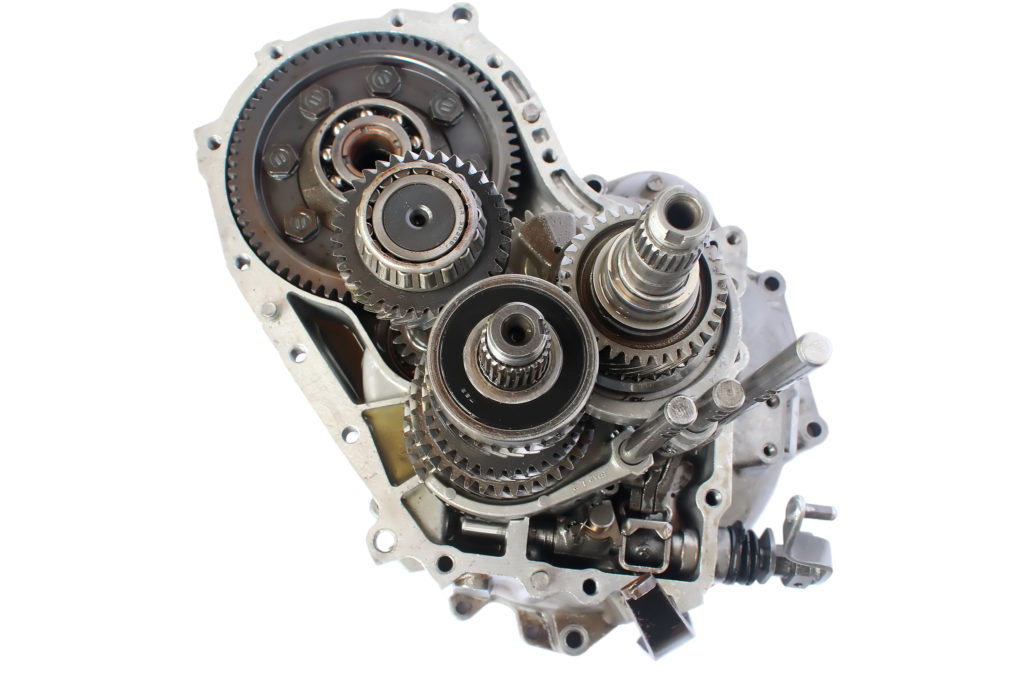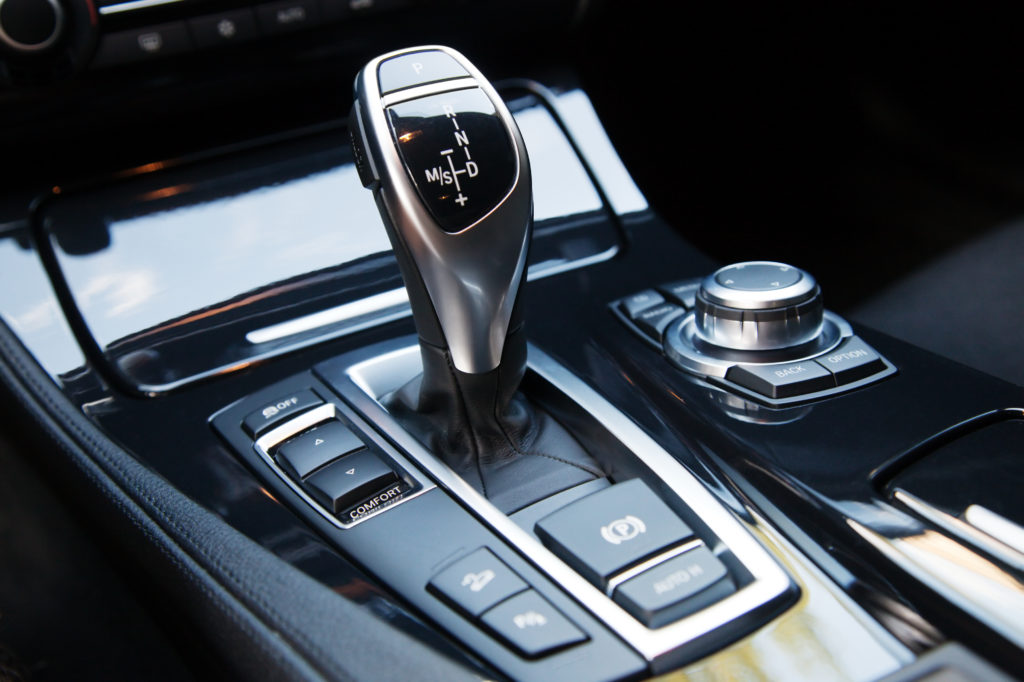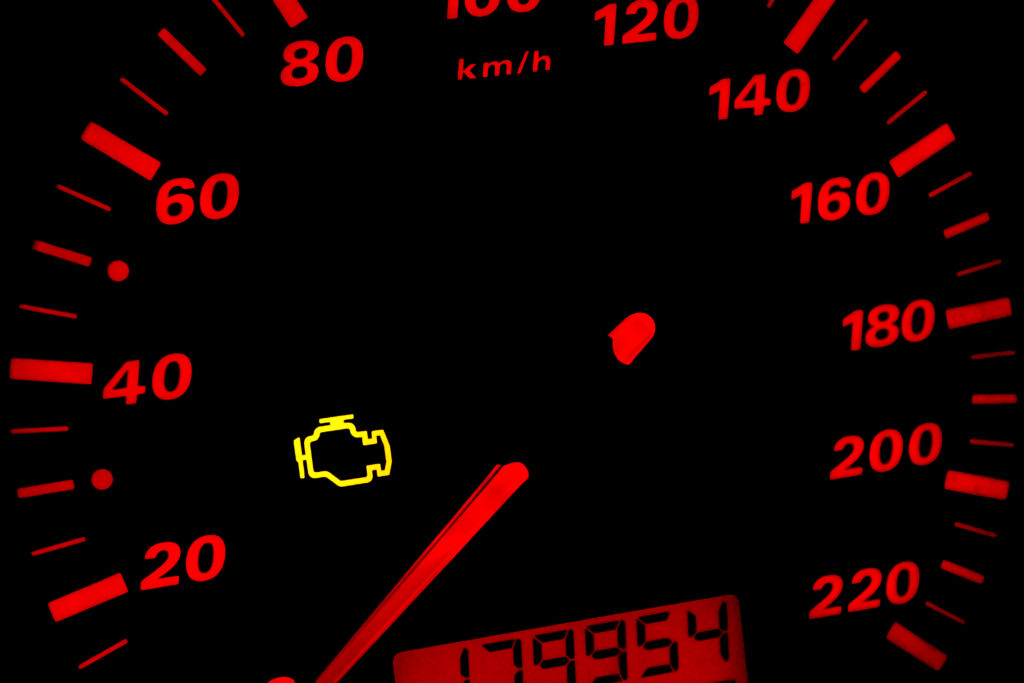Trouble with your transmission can be a frustrating or even frightening thing to face. The question “what causes a transmission to fail” has a host of answers, and the list of warning signs is almost as long. Pay attention to any signs of transmission problems. Strange noises can be disconcerting and slipping gears can be downright dangerous, but no matter on what end of the scale your transmission issues fall, it is important to take care of them early on.

Get It in Gear
The transmission in your vehicle transmits power from the engine to the wheels, hence the name. Because of the nature of the transmission, many of the problems associated with it happen in the gears.
Gears are Unresponsive
Is there a delay in your car’s response when you put it in gear? Does it not respond at all? Unresponsive gears may indicate a problem with your transmission’s fluids or with the computer system. Having the system reset may solve the problem without further maintenance. This can be done by detaching the battery and letting it sit for about a half an hour before reconnecting it.
Unresponsive gears may also indicate that the wrong type of fluid is being used. Different transmissions require different fluid thickness, so double check that the type and level of fluids are not what is causing your transmission issues. If you have a manual transmission, sluggish gears may also indicate that the clutch needs to be replaced.
Grinding or Shaking in the Gears
Your gears should shift smoothly as you transition between park, neutral, and drive. If you feel shaking in your car as you downshift, or if you feel or hear the gears grinding together, it is a very clear indication that you’ve got some transmission issues. The trouble probably lies with the gears themselves, requiring them to be serviced. Gear deterioration only gets worse over time.
Gears Slip
A vehicle slipping into neutral while you are driving is one of the most dangerous transmission issues. It can happen when the gears within the transmission don’t link together properly. In such cases, immediate repair is called for. Gears can also slip if the vehicle’s computer system is on the fritz. Your car’s computer tells your transmission when to send power to the wheels, and it should not cut that power when the car is in drive. A mechanic will know whether your problem is mechanical or digital.

Other Transmission Problems
Unfamiliar Sounds
If your vehicle starts making strange sounds (humming, clunking, whining), it may be your transmission crying out for attention. Unfamiliar noises may indicate faulty gears or low transmission fluid levels, just to name a few possibilities. The bottom line is to get any funky acoustics checked out. “I haven’t heard that sound before” is never a good sign.
Smells Like Something Burning
The smell of burning is often caused by the transmission fluid overheating. This usually happens in conjunction with another transmission issue, and it results in the fluid breaking down. This hinders the whole system, yielding increased friction which can cause system erosion. It also causes sludge and debris buildup, which can spiral into completely ruining the transmission if not attended to quickly.
Low or Leaking Fluids
Your vehicle is full of fluid. Oil, gas, antifreeze, washer fluid, you name it, and the transmission has its own variety. Automatic transmission fluid (ATF) acts as the life-blood of your transmission. It’s even bright red. It operates as a hydraulic fluid and lubricates, cleans, and conditions internal seals. Low transmission fluid levels can seize up the inner workings of your car, creating debilitating friction and the breakdown of your transmission.
You can check the levels and quality of your transmission fluid in the same way you check your motor oil. Warm up your car’s fluids with a short drive then use the dipstick to check fluid levels. Unlike oil, transmission fluid is not consumed by a vehicle or burned off, so subpar levels indicate a leak that needs to be fixed. If the transmission fluid has a burnt smell or is dark and murky, the fluid needs to changed out.
‘Check Engine’ Light Is On
We know it’s tempting to think, oh, that always comes on, and ignore it, but if you want your car to last the full extent of its lifetime, don’t ignore its warning signs. The check engine light is triggered by different sensors throughout the vehicle’s engine picking up unusual activity. These sensors can pick up minute transmission issues before they escalate into major repairs.

Get the Problem Diagnosed
Taking care of transmission issues at their onset can prevent problems from spiraling into bigger problems. We have your safety and the longevity of your vehicle in mind when we say let us help fix your transmission issues. For manual and automatic transmission problems and solutions, come see us at Ray’s Muffler Service and Auto Repair.




Leave a Reply